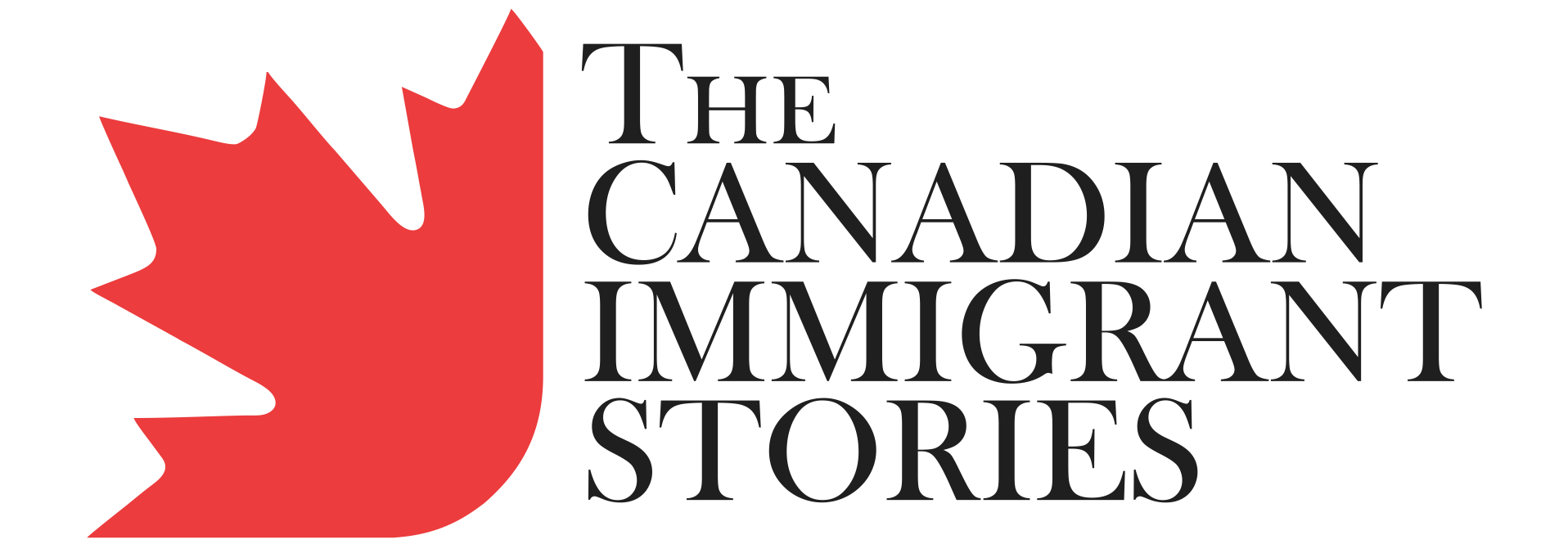In the realm of Canadian immigration through Express Entry, understanding how student work experience factors into eligibility criteria can significantly influence one’s path to permanent residency. This article delves into the nuances of using student work experience across the three main programs managed under Express Entry, highlighting what candidates need to know to maximize their chances.
The Role of Student Work Experience in Express Entry Programs
Express Entry mandates that applicants possess eligible work experience to qualify for permanent residency in Canada. However, the rules differ concerning the inclusion of work experience gained during student years.
Federal Skilled Worker Program (FSWP)
For candidates aiming for the Federal Skilled Worker Program (FSWP), the inclusion of student work experience is permissible under specific conditions. Paid work undertaken during studies, whether in Canada or abroad, can count towards fulfilling program requirements if the employment was continuous and aligns with the program’s stipulations. This includes participation in co-op programs and apprenticeships, provided they meet the criteria set forth by Immigration, Refugees and Citizenship Canada (IRCC).
Canadian Experience Class (CEC)
Conversely, the Canadian Experience Class (CEC) program does not recognize student work experience—neither from within Canada nor internationally—as valid towards meeting its minimum requirements. CEC candidates must demonstrate at least one year of full-time or equivalent part-time skilled work experience in Canada within the three years preceding their application submission.
Federal Skilled Trades Program (FSTP)
Similarly to CEC, the Federal Skilled Trades Program (FSTP) does not consider student work experience when assessing eligibility. Applicants to this program must provide evidence of at least two years of skilled work experience in specific eligible NOC groups within the five years before applying.
Impact on Comprehensive Ranking System (CRS) Scores
Understanding how student work experience affects a candidate’s Comprehensive Ranking System (CRS) score is crucial. Work experience gained while studying full-time in Canada does not contribute to the CRS score calculation. In contrast, international work experience acquired during full-time studies can enhance a candidate’s CRS score, potentially increasing their competitiveness for an Invitation to Apply (ITA) for permanent residency.
Detailed Requirements for Each Express Entry Program
For those considering applying through Express Entry, here’s a detailed breakdown of the minimum requirements for each program:
Federal Skilled Worker Program (FSWP)
- Skilled work experience: Minimum one year of continuous, paid employment in NOC categories 0, 1, 2, or 3.
- Language ability: CLB 7 in English or NCLC 7 in French across all language competencies.
- Education: Canadian high school diploma or post-secondary credential, or foreign credential with an Educational Credential Assessment (ECA).
Canadian Experience Class (CEC)
- Skilled work experience: Minimum one year of full-time or equivalent part-time paid work in NOC categories 0, 1, 2, or 3 within the last three years.
- Language ability: Requirements vary by NOC level, with CLB/NCLC 7 for TEER 0 and TEER 1, and CLB/NCLC 5 for TEER 2 and TEER 3.
Federal Skilled Trades Program (FSTP)
- Skilled work experience: Minimum two years of work experience in eligible NOC groups within the last five years.
- Language ability: Different CLB/NCLC scores for speaking and listening (CLB 5/NCLC 5) versus reading and writing (CLB/NCLC 4).
- Job offer or certificate of qualification: Required for eligibility.
Conclusion
Navigating the intricacies of Canada’s Express Entry system involves understanding how student work experience can impact eligibility across its various programs. By aligning their qualifications and experience with the specific requirements of each program, candidates can position themselves strategically to achieve their goal of permanent residency in Canada.



